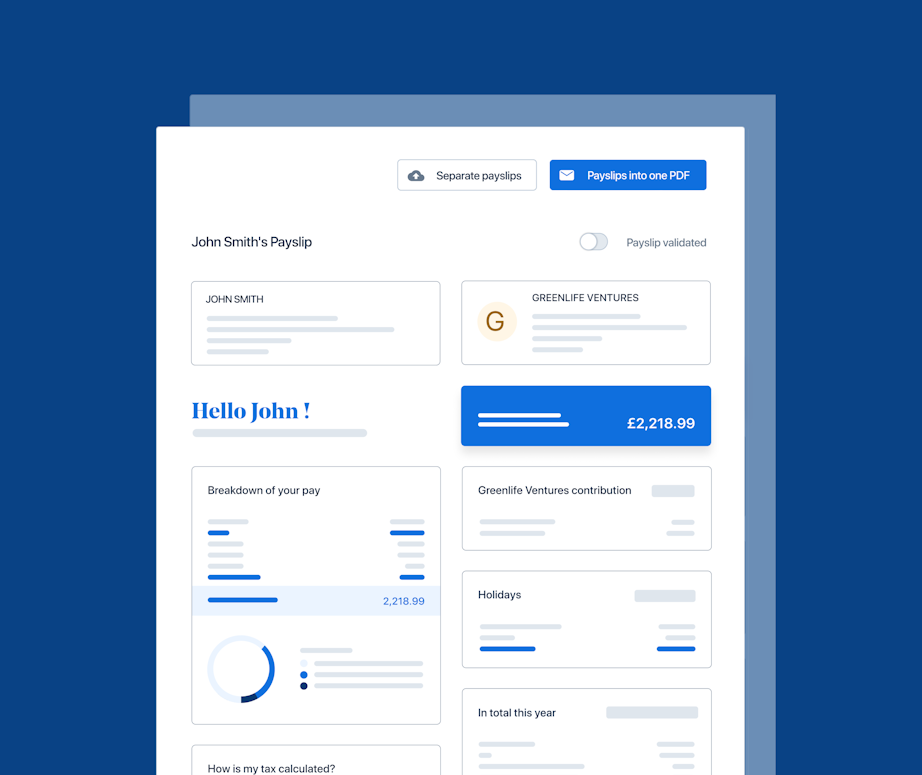New Flexible Working Law: What it Means for UK Employers


On April 6th 2024, new flexible working law came into force in the UK.
Called the Employment Relations (Flexible Working) Bill 2023, it gained Royal Assent last July after a concerted push by members of the opposition and is focused on providing employees with more access to flexible working within the UK.
The context: when was flexible working introduced in the UK?
Even before the COVID-19 pandemic changed the world of work forever, the wheels were already in motion to give employees a greater degree of flexibility over where and when they worked.
But the new flexible working bill was a huge boost to UK workers who were looking for more flexibility around working hours, patterns and locations from day one of their job.
It’s important that employers are aware of these new flexible working changes in 2024, and to know exactly where they stand when it comes to flexible working requests from their staff.
So, without further ado, let’s get into the details around the UK’s new flexible working legislation and what it means for you and your staff.
What is the new UK law on flexible working?
In essence, the act, also known as the Employment Relations (Flexible Working) Act 2023, means employees are now be entitled to request flexible working arrangements from day one of their employment. Previously, an employee needed to have worked for at least 26 weeks before putting in a flexible working request.
So what classes as ‘flexible working’?
Flexible working can refer to working hours or patterns. These include:
part-time (anything less than a full five-day working week);
term-time (during school term times only);
flexi-time (a set amount of hours but with varying start and finish times);
compressed hours (the same number of hours, but over fewer days, i.e.: working longer hours per day).
Does this make flexible working a right in the UK?
Previously, employees had to explain what effects (if any) they felt making any requested changes would have on their company. But with the new law, this is no longer necessary.
These new flexible working regulations are a welcome people-first initiative that will mean employees feel empowered within your organisation from day one.
Flexible working changes in 2024 that employers need to be aware of are:
employers must now speak to their employees before a flexible working request is denied to explain why (previously they could be denied at the outset);
employees can now make two flexible working requests in any 12-month period - previously it was one;
employers are obliged to respond to requests within two months - previously it was three.

When did the Employee Relations (Flexible Working) Act 2023 come into effect?
The employee Relations (Flexible Working) Act of 2023 officially came into force from the start of the 2024/2025 tax year, though some businesses have been preparing for the implementation of these measures for a while.
If your business has not yet taken measures to ensure this new flexible working legislation is followed, then it should make this a priority - employees will be taking note of how their employers respond given he publicity the new act has received.
We recommend looking through your employee or company handbook to ensure that all guidelines are consistent, so all employee requests are treated equally.
Does the bill mean that employers have to accept every flexible working request?
No, this new Employment Relations Act (Flexible Working Bill) does not mean that you, as an employer have to accept every request that comes your way. All it means is that you must speak to the employee(s) who made the request before denying (or accepting) it to explain why you are doing so.
And remember, you must now respond to all requests within two months rather than three.
What are the benefits of the flexible working act for employers?
The new bill will promote a more open approach towards employees who want to work flexibly. Employers who are seen to work the hardest to try and accommodate their employees’ working wishes will likely see reduced employee turnover rates.
Not only this, but they’ll be able to better attract talent at the recruitment stage. You can learn more about the key benefits of flexible working for businesses.
Updated requirements for 2025
Employers are required to undertake a mandatory risk assessment for home working arrangements, with clear guidelines for the provision of equipment and tech. Updated data protection requirements under the Data (Use and Access) Act 2025 dictate that all work devices are encrypted, two-factor authentication is implemented for all system access, and that home working setups regularly undergo security audits.
To recap
To recap, the new flexible working law has granted employees the right to request a flexible working arrangement from day one of their employment, empowering them within your organisation from the get go. Employers will now need to speak to any employee who makes a flexible working request before denying it, and you must do so within two months of the request.
Employees will be allowed, by law, to make two flexible working requests in any 12-month period, but as a business you can allow them to make more - which could work in your favour when looking to attract the top talent. And finally, employees are no longer required to explain the perceived impact of their request on the company when making it.
You can read more about what employees really want from future flexible working policies by downloading our recent whitepaper on the state of flexible working.
Flexible working law FAQs
The Bill introduces stricter requirements for employers when considering flexible working requests and extends various employment rights. Learn more in our comprehensive guide to the Employment Rights Bill.
Companies need to review and update their HR policies, employee handbooks, and flexible working procedures. Find out more about creating effective employee handbooks and policies.
Clear performance management processes are essential for flexible working success. Read our guide to employee performance management in flexible working environments.
Understanding employment status is crucial for determining flexible working rights. Learn more about employment status and worker rights.







